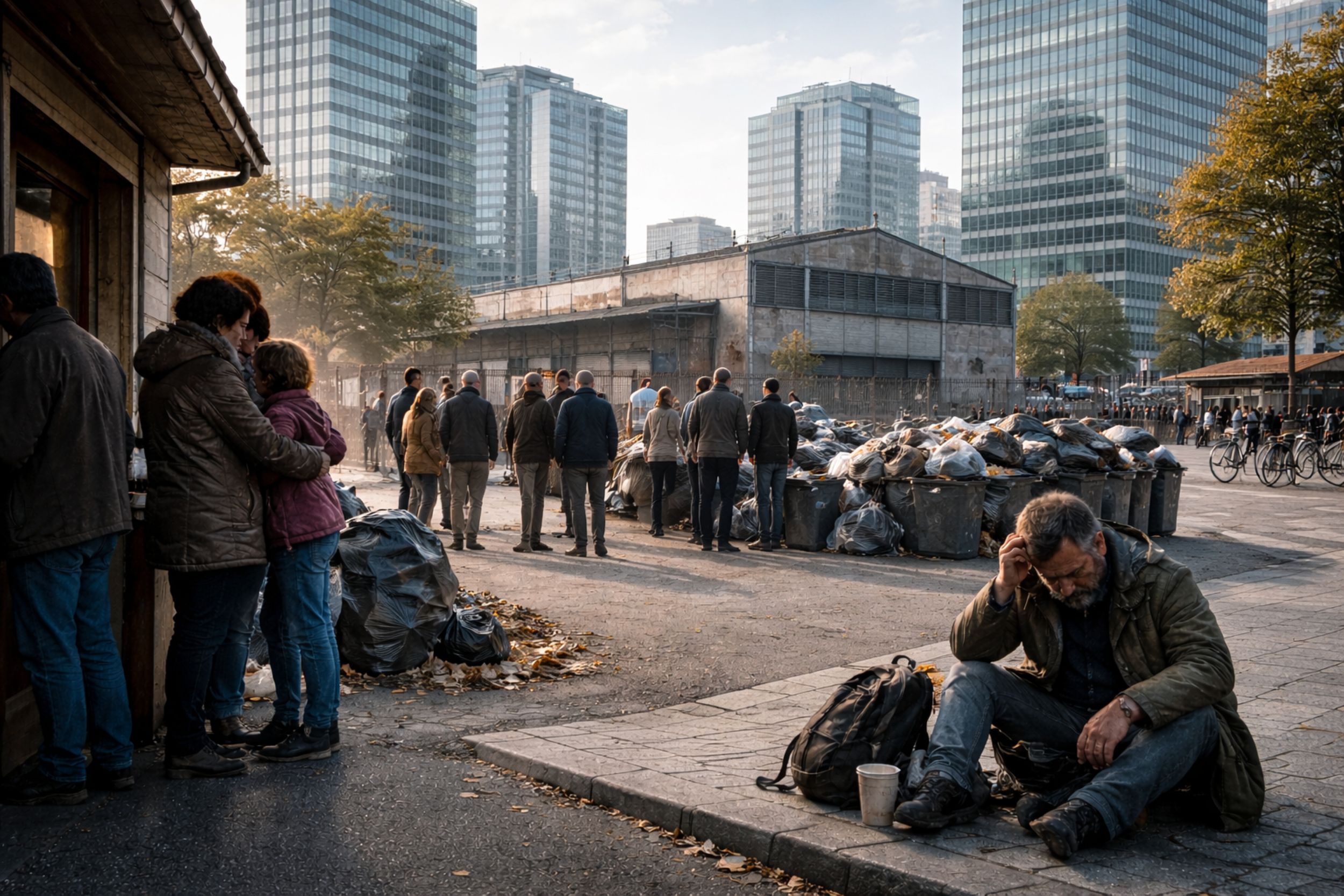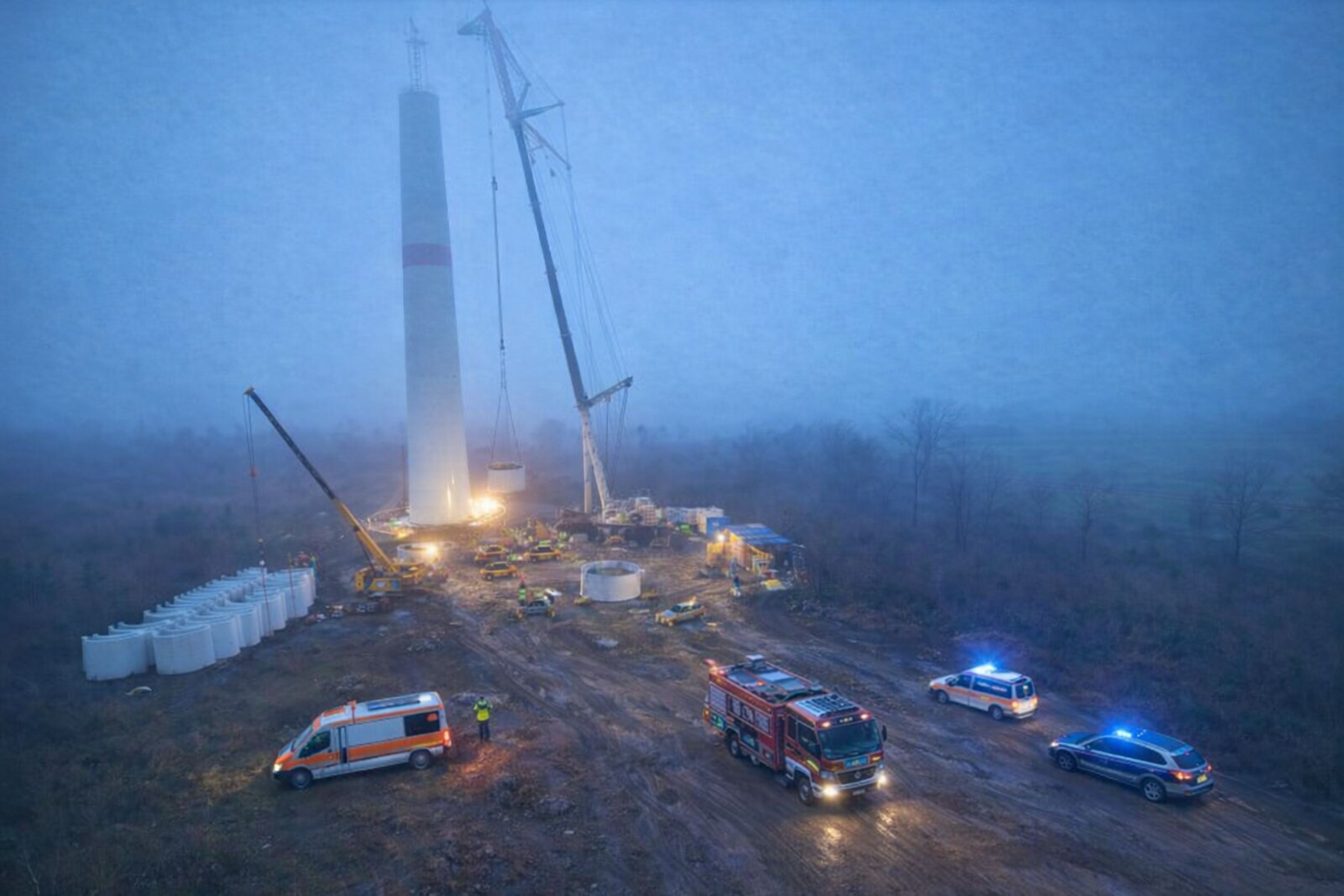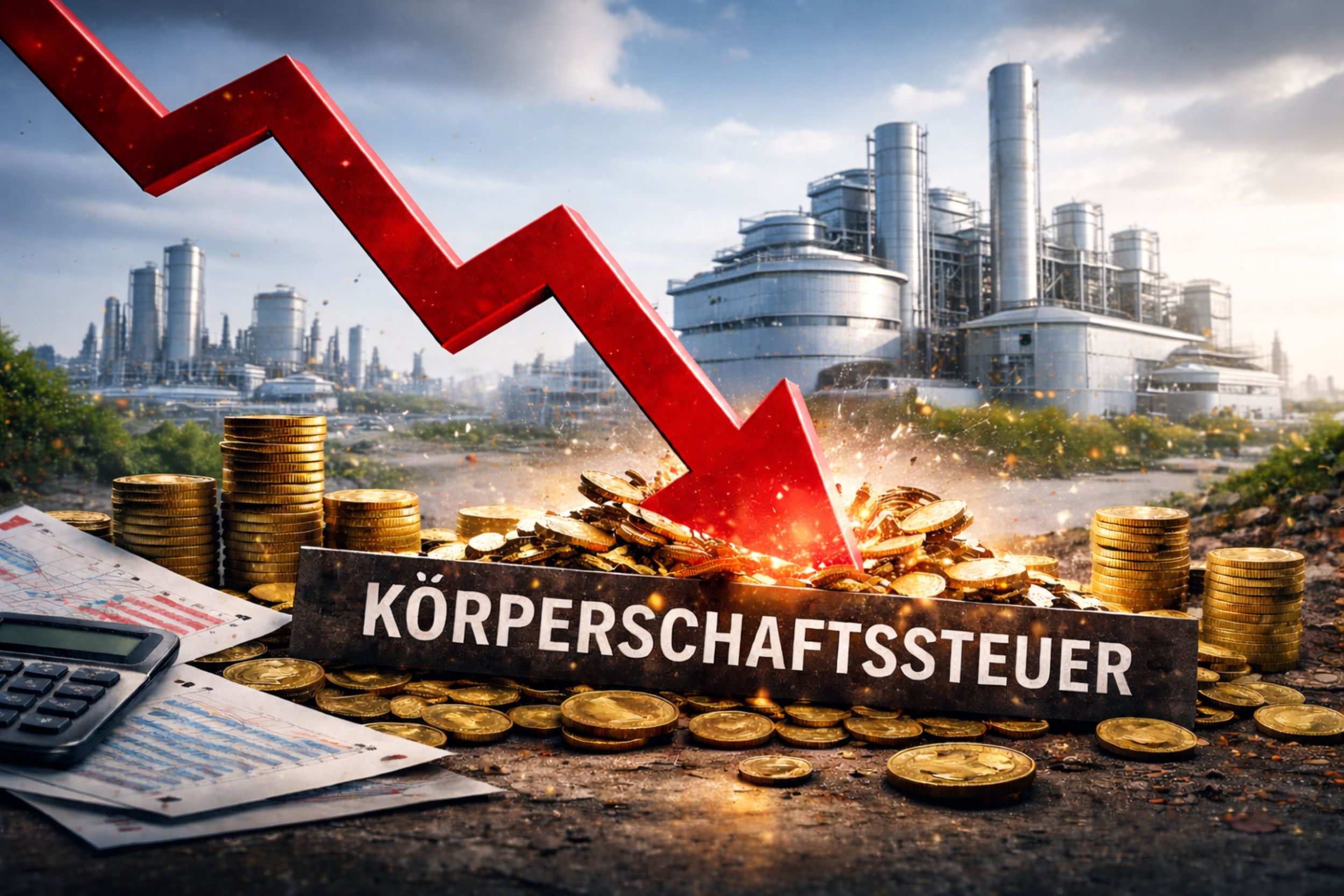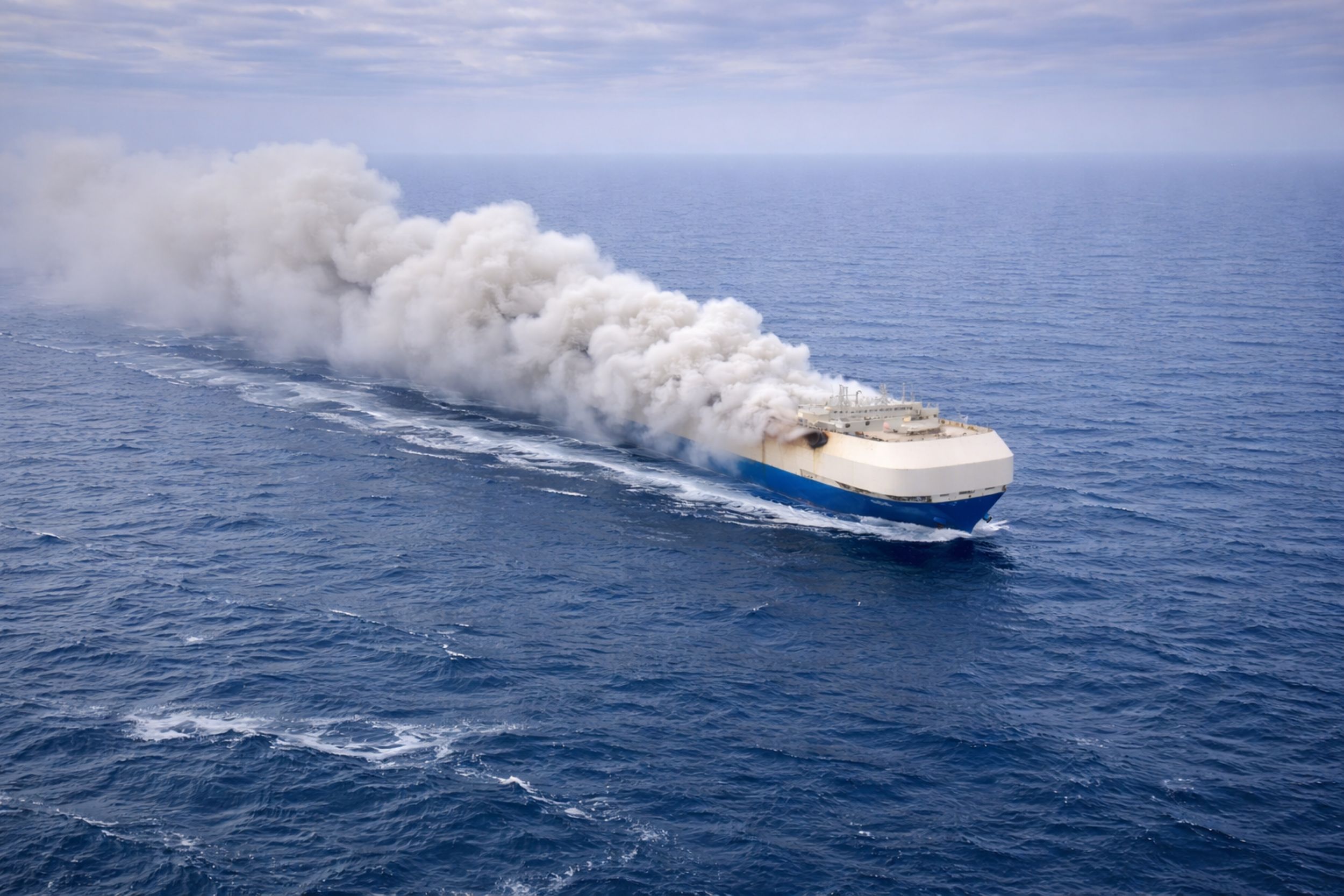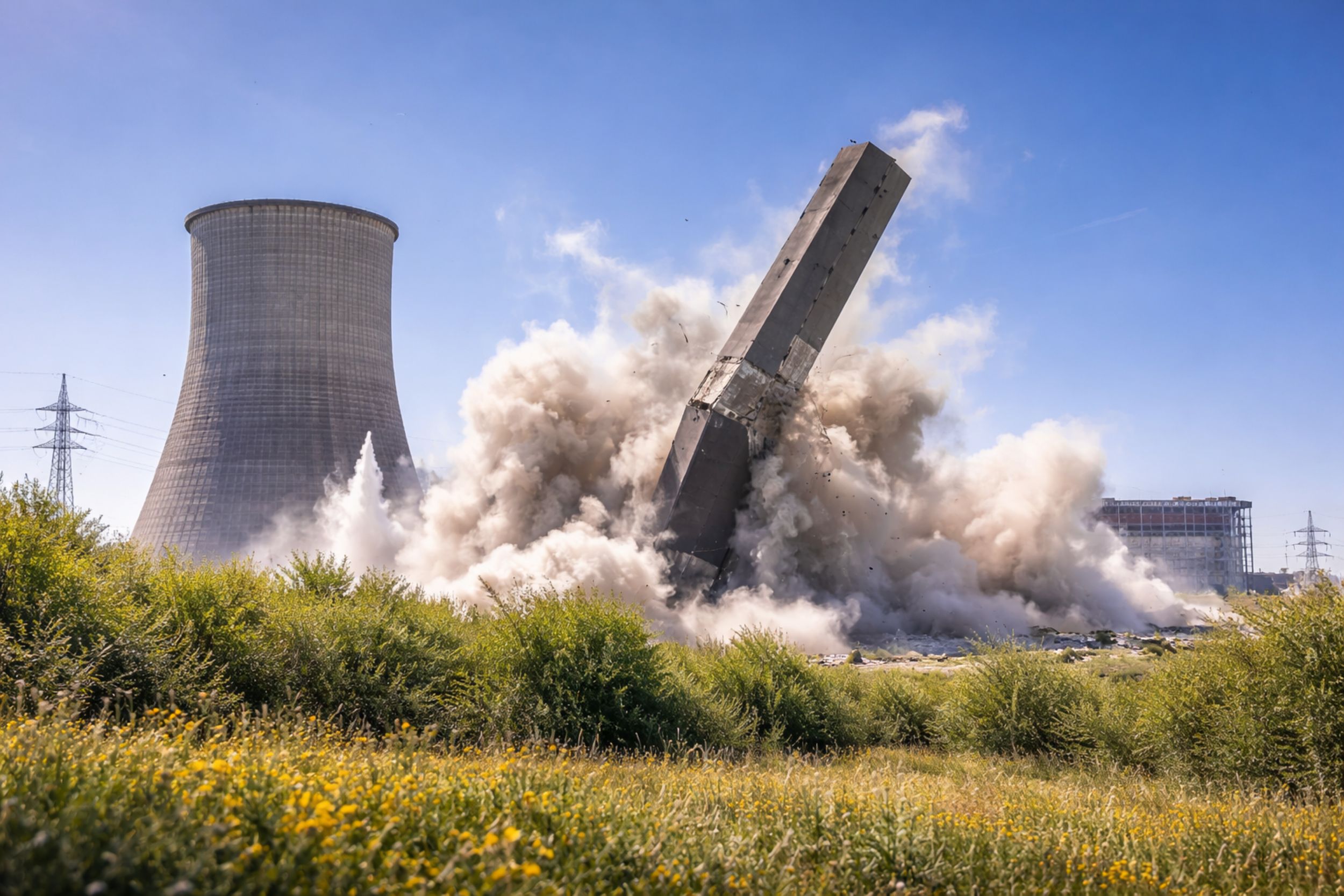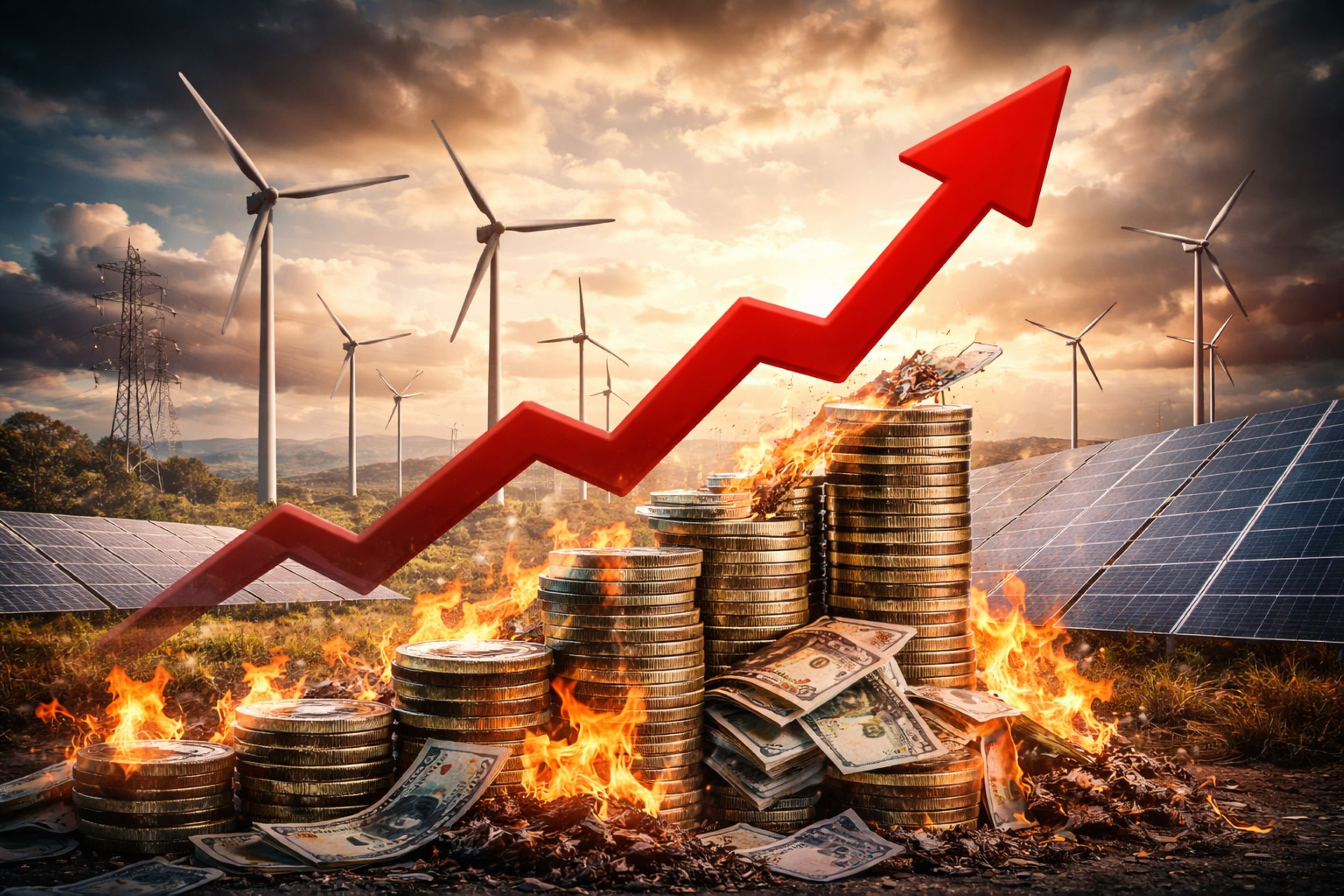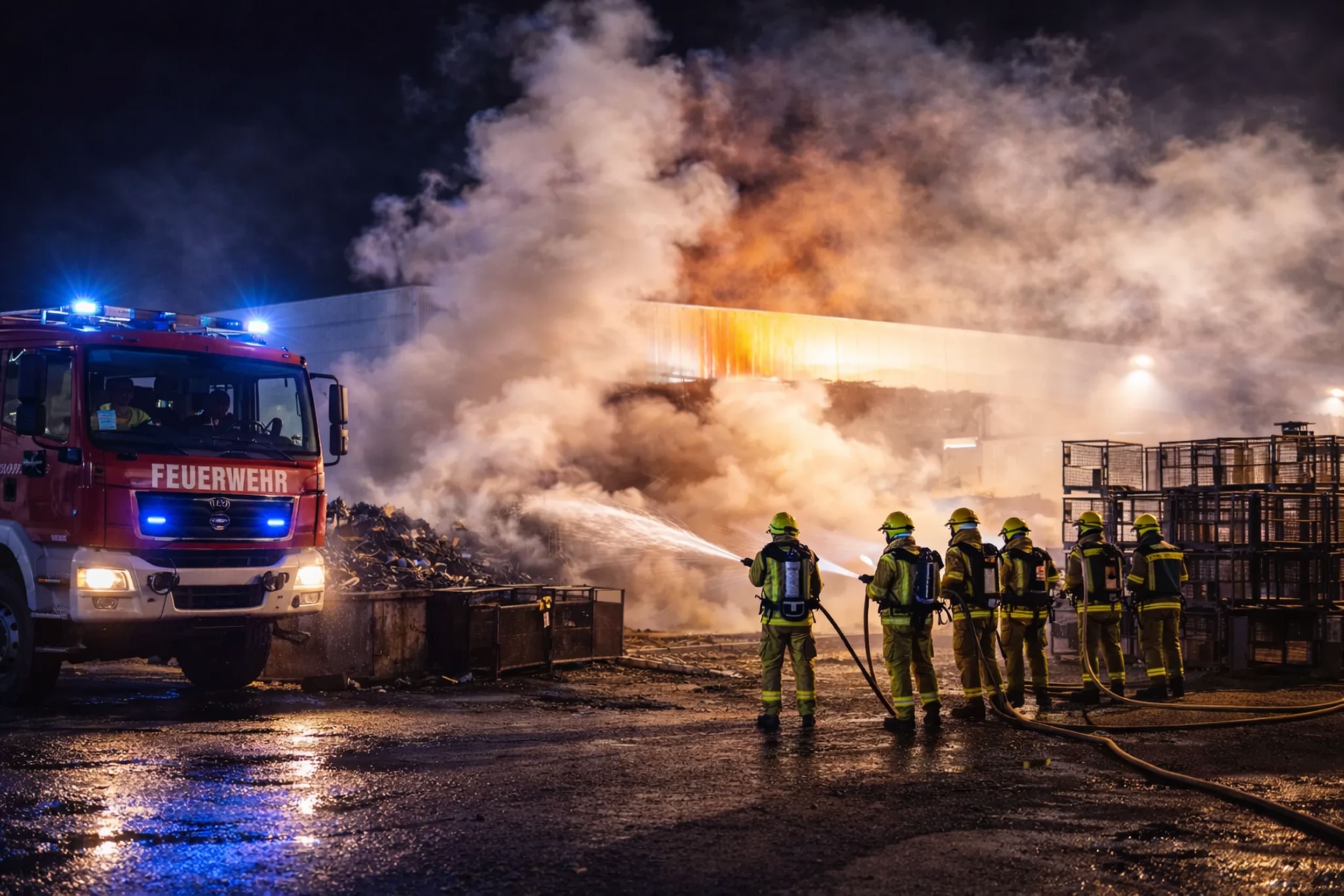-
Industrial decline is driving Germany towards poverty – the social crisis is accelerating
At the beginning of 2026, Germany faces a social shift whose dynamics are accelerating significantly: poverty is moving into the middle class, following the loss of approximately 120,300 jobs in the industrial sector alone in 2025. The automotive and manufacturing industries are particularly affected, while high operating costs, weak export markets, and a persistently weak
-
Bitkom survey – Half of the start-ups would not choose Germany as a location again
Only about half of the startups surveyed would choose to establish a company in Germany again, according to current findings. This is the result of a survey conducted by the digital association Bitkom among 133 tech companies at the beginning of the year. The reasons for this skeptical assessment include a weak economy, a lack
-
Fatal fall in wind turbine – two workers die in accident in the Main-Kinzig district
Two 32-year-old workers died in a serious workplace accident at a wind turbine under construction in Birstein-Fischborn, Main-Kinzig district, on the morning of February 25. The accident occurred around 5:00 a.m. inside the tower near Federal Highway 276 between Fischborn and Wüstwillenroth. Initial investigations indicate that a work platform, in which the two men were
-
Ikea closes call center in Rostock – 279 jobs affected
Ikea plans to close its customer service call center in Rostock, despite handling numerous product inquiries from across Germany. Staff were informed of the decision on February 25th. Ikea cites long-term structural decisions as the reason, but the expiring lease in 2026 also plays a key role. The company further points to necessary, costly investments
-
Vienna halts TRON – electric police cars unsuitable for patrol duty
In Vienna, the Ministry of the Interior has ended the TRON project, which had been testing electric vehicles as police patrol cars since 2023. Negative practical experiences during operations were the deciding factor, leading Interior Minister Gerhard Karner to prematurely halt the trial. The test was conducted in real-world situations and across several federal states,
Blackout News on Social Media
-
Network operators warn – government has no plan for locating black-start capable power plants
Germany plans to build twelve gigawatts of new gas-fired power plants, but a crucial point remains unresolved: there is no binding plan for the geographical distribution of these black-start capable power plants, which can restart the grid after a widespread power outage. While the federal government wants to attract investors primarily to Bavaria and Baden-Württemberg
-
Dramatic drop in corporate tax revenue – 79% less in January
In January 2026, corporate tax revenues in Germany plummeted. Compared to January 2025, they fell by 79.1% to €181 million. According to the Federal Ministry of Finance, this was due to significantly lower additional tax payments, while refunds increased. The Ministry also cites the weak economy, particularly in the industrial sector, as a contributing factor.
-
U-turn in the heating law – oil and gas remain – but from 2029 only with a 10% biofuel content
The German government has presented key points in Berlin for a new building modernization law, intended to replace the existing heating law (Building Energy Act) introduced by Robert Habeck. This initiative stems from the political restart following the collapse of the coalition government in 2024 and the controversy surrounding the de facto mandate for heat
-
Insurers are calling for new rules – lithium batteries increase the fire risk on cargo ships
The German Insurance Association (GDV) is warning of an increasing fire risk in maritime transport because more and more electric cars, energy storage systems, and other lithium batteries are being transported worldwide on cargo ships and in containers. According to insurers, the triggers are often cells already damaged during production or handling, which can later
-
The head of the Federal Court of Auditors criticizes the subsidies for electric cars: “This seems haphazard.”
Kay Scheller, President of the Federal Court of Auditors, accuses the German government of inefficiency and “state failure” in an interview with Welt am Sonntag, particularly regarding its handling of multi-billion-euro special funds. According to him, the debt-financed money too rarely flows into genuine investments, and the relevant authorities often fail to implement it effectively.
-
Chimney in Ibbenbüren demolished – 840 megawatts of controllable power permanently lost
On Sunday, February 22, 2026, the chimney of the coal-fired power plant in Ibbenbüren was demolished, despite gas shortages and the fact that LNG terminals sometimes require icebreakers to clear ice. The demolition affected a plant that had been feeding 840 megawatts of controllable power into the German electricity grid. This controllable capacity is now
-
31 billion in the 2026 budget – the energy transition is becoming increasingly expensive
The 2026 federal budget allocates €31 billion for energy and climate subsidies, including €17 billion for the former EEG surcharge and €6.5 billion to mitigate grid fees. Since 2023, this funding has been provided through tax revenue instead of a surcharge on electricity bills, because the subsidy commitments continue to tie up funds. The decisive
-
Future project halted: Havelland hydrogen project fails due to lack of funding
In the Havelland district of Brandenburg, District Administrator Roger Lewandowski (CDU) has ended the “H2VL Hydrogen Region Havelland” project. He cites the lack of federal and state funding as the reason for abandoning the project. The project was intended to advance the energy transition in the district while simultaneously decarbonizing transportation and heating. The district
-
Battery ignites e-waste at recycling company – warning app triggered and B10 closed
On Saturday evening, a container of electronic waste caught fire on the premises of a recycling company in the Enzberg district of Mühlacker, in the Enzkreis district. Initial investigations indicate that a battery spontaneously combusted, causing the stored material in the outdoor area to ignite. The fire produced thick smoke that spread to surrounding areas,
-
Several long power outages in Baden-Württemberg – faults affect network nodes
In recent days, several regions in Baden-Württemberg experienced power outages, some of them lengthy. On February 22, 2026, faults in the vicinity of a substation in Villingen triggered a widespread outage in the Schwarzwald-Baar district, causing traffic lights to fail, elevators to stop, and authorities to activate emergency call centers. On the same day, a

